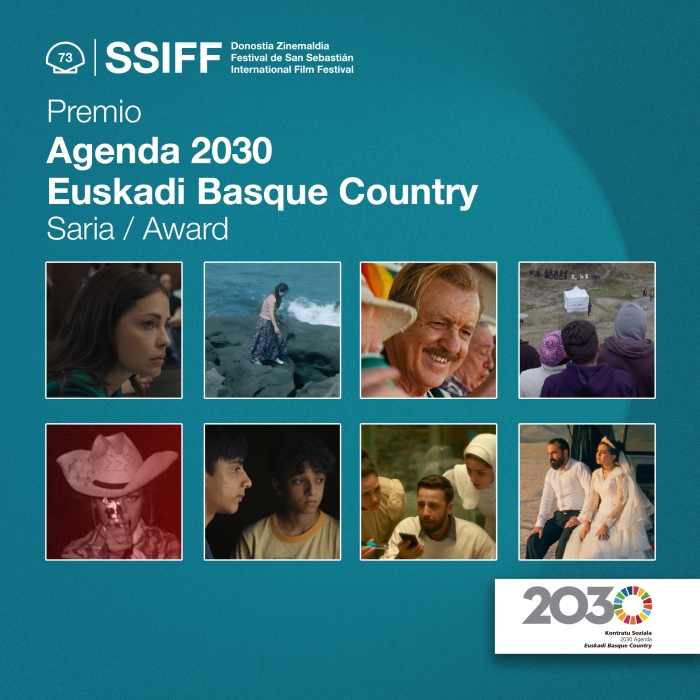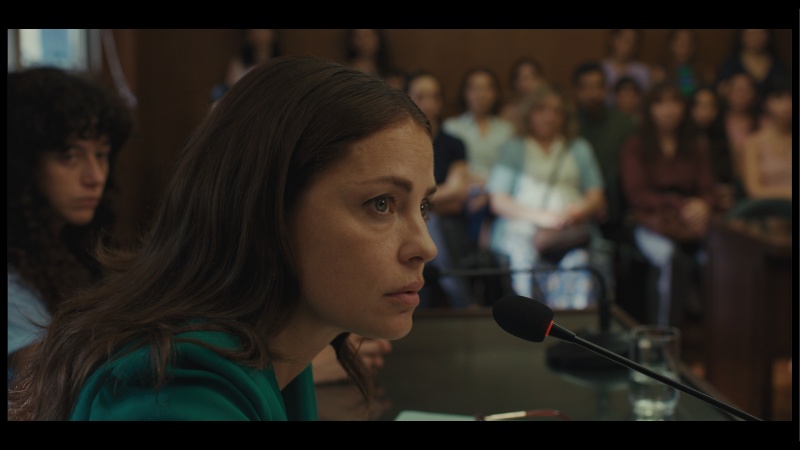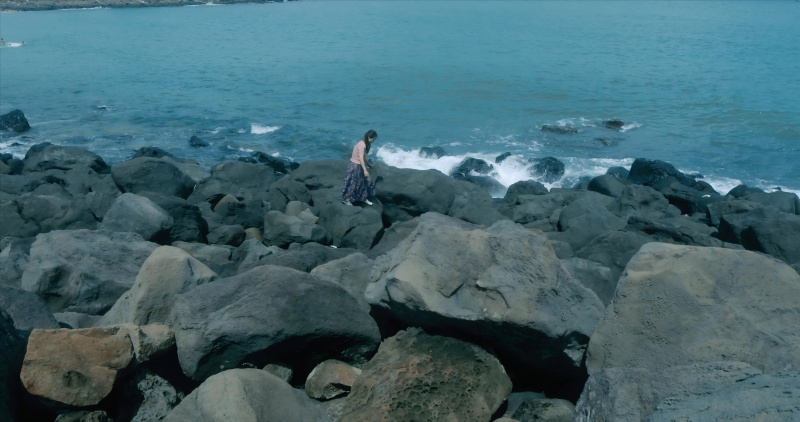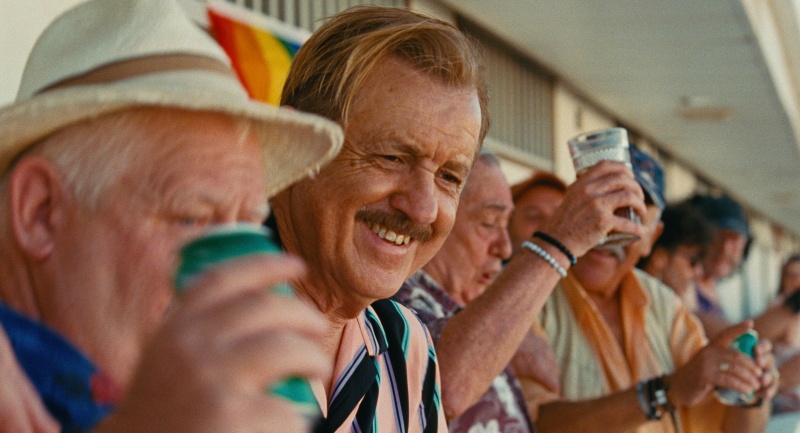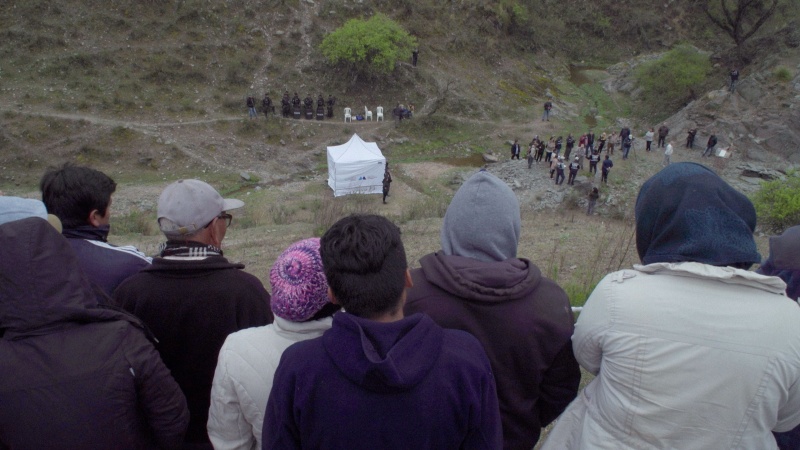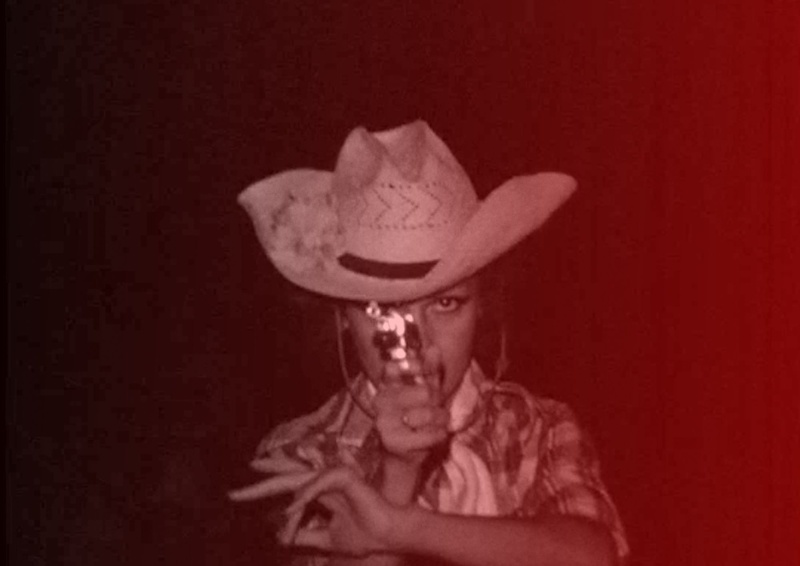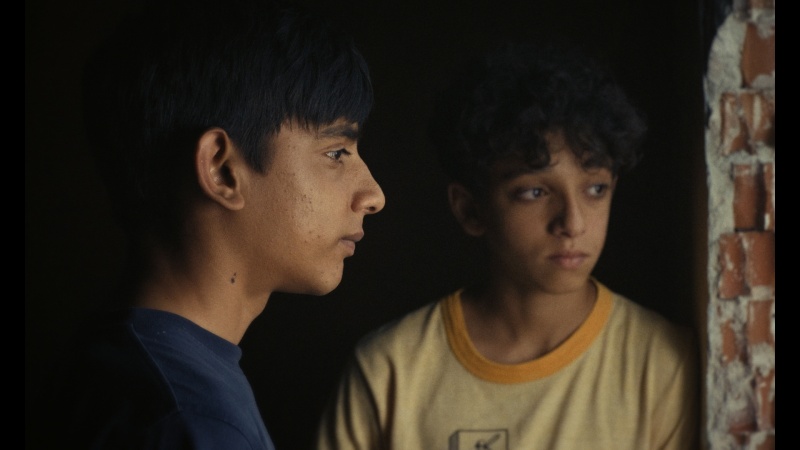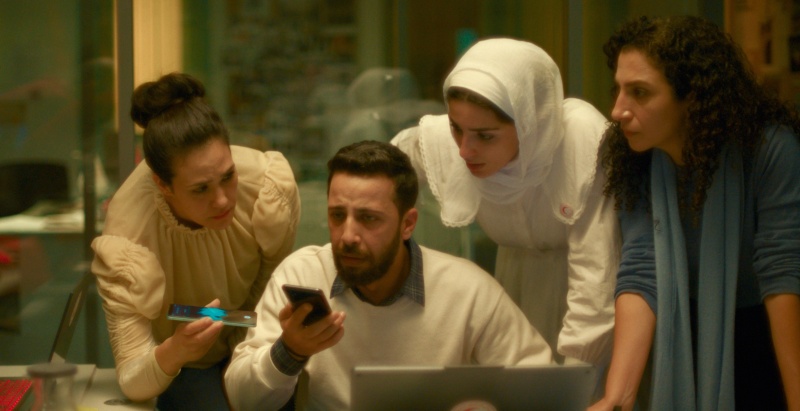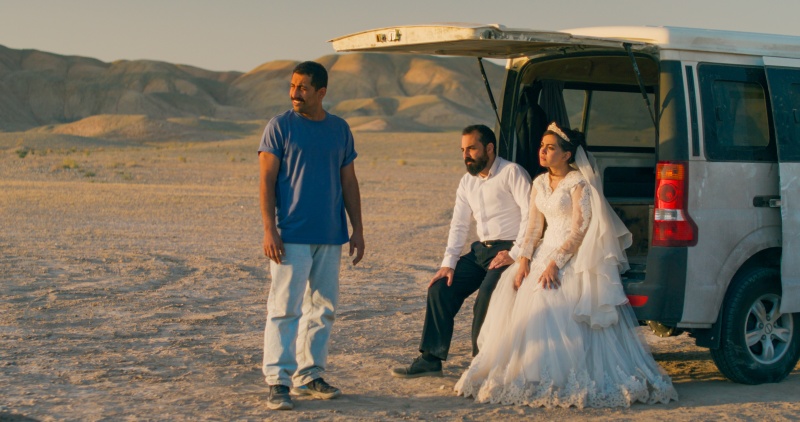Eight films from the official programme of the San Sebastian Festival’s 73rd edition will compete for the Euskadi Basque Country 2030 Agenda Award going to the film that best reflects the values of democratic culture, sustainability, diversity and solidarity as the core symbols of the Sustainable Development Goals promoted by the 2030 Agenda at the United Nations and in the Basque Country.
Three of the competing films appear in the Official Selection: Maspalomas (Jose Mari Goenaga and Aitor Arregi), Belén (Dolores Fonzi) and Jianyu laide mama / Her Heart Beats in Its Cage (Qin Xiaoyu). Nuestra tierra (Lucrecia Martel) comes from Horizontes Latinos and Bajo las banderas, el sol / Under the Flags, the Sun (Juanjo Pereira), from Zabaltegi-Tabakalera, whilst the remainder are included in Perlak: Ciudad sin sueño / Sleepless City (Guillermo Galoe), The Voice of Hind Rajab (Kaouther Ben Hania) and Un simple accident / It Was Just an Accident (Jafar Panahi).
The films, hailing from Spain, Argentina, China, Paraguay and Iran, amongst other countries, prompt reflection on issues such as the rights of the LGBTQI+ community, abortion, reintegration, indigenous communities, totalitarian regimes, people in a situation of exclusion, the Gaza genocide and the repression of the Iranian regime.
The jury of the Euskadi Basque Country 2030 Agenda Award will be presided over by the actor and director Carolina Yuste, alongside the author and screenwriter Harkaitz Cano and the Director of Social Innovation with the Basque Government, Asier Aranbarri, who contributes the perspective of how culture and artistic creation help to promote human rights, strengthen democratic culture and move forward with the Sustainable Development Goals.
The presentation ceremony for the award, coming with 20,000 euros for the majority producer of the winning film, will take place in the Tabakalera Prisma on Thursday 25 at 17:00. The presentation will be followed by a cocktail party serving as a meeting point for the media, the film industry and the general public. Those who have purchased tickets for the screening of any of the eight films can attend the award presentation, which went last year to the film Soy Nevenka / I Am Nevenka, by Iciar Bollain. Similarly, anyone who is interested in attending the event but does not have a ticket can email us at 2030agenda@euskadi.eus to arrange this.
Film talks
As well as the award connected to the cinematic message of films at the 73rd edition, a series of film talks will also be held linked to the values set out by the 2030 Agenda.
Starting at 8:45, and throughout the morning, on Monday 22nd Tabakalera’s Z Room will host the meeting Feminist Analyses of the Current Audiovisual Industry, with contributions from several experts. On the 23rd, at 10:30, San Telmo Museum will provide the venue for the talk Distribution and Internationalisation of Latin American LGBTQIA+ Films, while the talk on Beyond AI. Inclusive technologies in the audiovisual sector will take place in the Tabakalera Prism on Thursday 25th, at 12:30.
Euskadi Basque Country 2030 Agenda
The Euskadi Basque Country 2030 Agenda is, for the fourth year running, one of the sponsors of the San Sebastián Festival. This agreement with the Basque Government means that the San Sebastián Festival becomes a key player in the Basque engagement with the Sustainable Development Goals.
An engagement with a determined commitment to strengthening democracy and constructing an inclusive, sustainable and innovating model, at a time when the international situation is extremely complex.
A model defining a crucial roadmap that guides the public action taken by the Basque Government, with the objective to find a solution to the major political and social challenges based on a participatory and shared approach, which constantly strives to achieve peace, coexistence and social innovation as the motor of democratic cohesion and social transformation.
The 2030 Agenda is a UN agreement reached in 2015. It represents a commitment by 193 countries with a shared focus for 2030: a sustainable world and life. And a same priority: to eradicate poverty. It aligns the policies of public institutions, private bodies and social agents across the world with 17 goals, 169 targets and indictors, for a fairer, more ecological, prosperous and peaceful world.
With the involvement of the Euskadi Basque Country 2030 Agenda, the San Sebastián Festival cements its position as a leading space at which to reflect on the major social challenges and the role of culture in building a more sustainable future.
Official Selection
Tucumán, Argentina, 2014; a young woman is admitted to a hospital with severe abdominal pain, unaware she is pregnant. She wakes up handcuffed to a gurney and surrounded by police. She is accused of having self-induced an abortion and, after two years in detention, is sentenced to eight years in prison for aggravated homicide. A female lawyer from Tucumán will fight for her freedom with the support of thousands of women and organizations, who unite to change the course of history.
Hong has been in prison for ten years for killing her husband. Due to her contribution to the inmates' art troupe, Hong unexpectedly gets a chance to reduce her sentence. Her son, Lele, has been raised by his grandmother and has never been ready to live with his mother. After their reunion, Lele always treats her coldly. With a lonely grandmother who wants Lele to come back to her, and a society that is not kind to ex-prisoners, will Hong be able to escape the intangible prison and regain the freedom of her heart?
After breaking up with his partner, 76 year-old Vicente leads life the way he likes it in Maspalomas: he spends his days lying in the sun, partying, and looking for pleasure. An unexpected accident obliges him to return to San Sebastián and to the daughter he abandoned years ago. Vicente will have to live in a retirement home where he finds himself driven back into the closet and to conceal a part of himself that he thought was long resolved. In this new environment, Vicente must ask himself if he has enough time left to make his peace with others… and with himself.
Horizontes Latinos
In 2009, a man and two accomplices try to evict members of the Indigenous community of Chuschagasta, in northern Argentina. Claiming ownership of the land and armed with guns, they kill the community's leader, Javier Chocobar. The murder is caught on video. It takes nine years of protests before court proceedings are finally opened in 2018. During all this time, the killers remain free.
Zabaltegi-Tabakalera
Through rare and long-forgotten footage, this documentary uncovers the hidden machinery of Alfredo Stroessner's dictatorship in Paraguay-one of history's longest-running regimes. From propaganda to international broadcasts, the film exposes how media shaped power, controlled memory, and built a legacy that still lingers today.
Perlak
Toni is 15 and lives in Cañada Real, Europe’s biggest irregular shanty town, on the outskirts of Madrid. Proud of belonging to his family of scrap dealers, he spends his days with his grandfather, whom he admires and follows wherever he goes. But the demolition machines are approaching their plot, threatening to destroy everything they know. The grandfather refuses to leave, no matter what the cost. In dark nights with no electricity, the legends of his childhood feel more real than ever before. While everything around him changes, Toni must make a choice: to face an uncertain future or to cling on to a disappearing world.
January 29, 2024. Red Crescent volunteers receive an emergency call. A 6-year old girl is trapped in a car under fire in Gaza, pleading for rescue. While trying to keep her on the line, they do everything they can to get an ambulance to her. Her name was Hind Rajab.
What starts as a minor accident sets off a series of escalating consequences.

